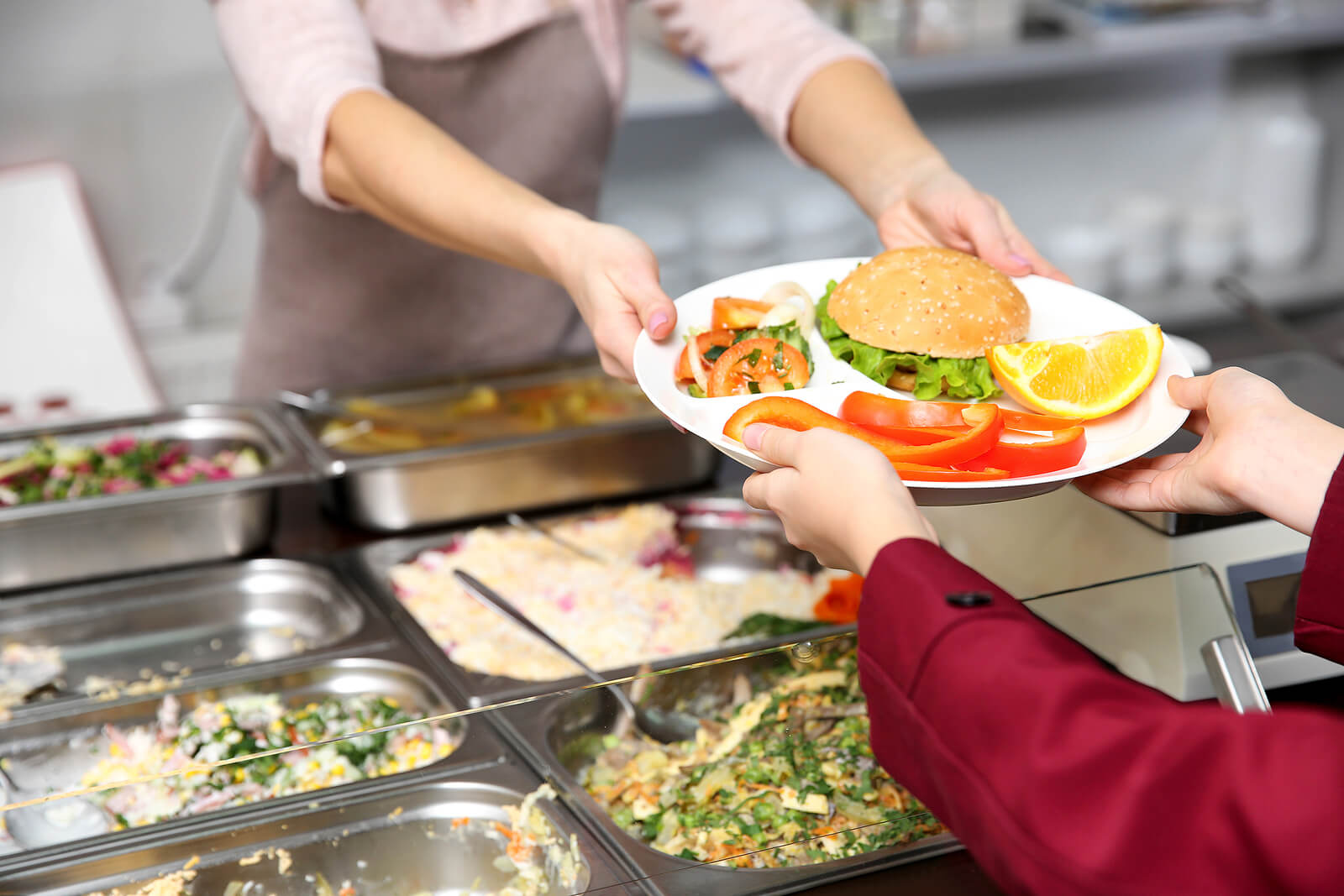Plastic waste is a growing concern across the globe, and schools are no exception. From lunch packaging to supplies, single-use plastics are difficult to avoid.
However, with careful planning and a commitment to sustainable practices, schools can significantly reduce their plastic waste footprint.
Whether you’re a teacher, school chef, receptionist, parent, or student, find out how to reduce plastic waste in school. Explore our expert strategies and share them with others to take action against waste today.
The impact of plastic waste in school
Schools generate a substantial amount of plastic waste and contribute to the wider problem of environmental pollution. Single-use plastics such as water bottles, food packaging, and plastic cutlery are common offenders, alongside packaging for items like textbooks and art supplies.
When not properly disposed of, this waste can end up in landfills or oceans, causing harm to wildlife and contributing to the growing issue of plastic pollution.
Reducing plastic waste in school is beneficial for the environment. But it also presents an opportunity to educate students on the importance of sustainability. By implementing eco-friendly practices, schools can lead by example, showing students that small changes can make a significant impact on the planet.
Reducing plastic waste in the school canteen

The lunch room is often a hive of activity, with hungry students piling in either with lunchboxes from home or to order from the kitchen.
While it can be difficult to enforce rules on what parents can and cannot pack into their children’s lunchboxes, you can make a difference with the food your school provides to students.
Eliminate single-use plastics
One of the most effective ways to reduce plastic waste in the dining hall is by eliminating single-use plastics. This includes replacing disposable cutlery, plates, and cups with reusable alternatives. While doing so increases what needs to be washed, using reusable items where possible can greatly reduce the amount of daily plastic waste.
Schools can also encourage students to bring their own reusable water bottles and lunch containers, reducing the need for plastic packaging.
Offer bulk food options
Instead of individually packaged snacks and drinks, schools can offer bulk food options in the dining hall. For example, providing large dispensers for water, juice, or milk can eliminate the need for single-use bottles or cartons.
Similarly, bulk bins for snacks like granola, nuts, or fruit can reduce the amount of plastic packaging waste.
Reducing plastic waste in classrooms
While classrooms might not see as much damage as the canteen, there is still plastic waste to battle with.
Use reusable supplies
From pens and markers to glue sticks and art supplies, many classroom materials come packaged in plastic.
By switching to reusable or refillable options, schools can cut down on plastic waste. Try introducing refillable markers and pens and encourage the use of recycled paper. These minor switches can make a big difference.
Implement plastic-free art lessons
Art supplies are often packaged in plastic, but there are sustainable alternatives available. Schools can opt for biodegradable or recyclable art materials, such as paper-based paints, natural brushes, and reusable palettes.
Encouraging students to create art from recycled materials can also reduce the need for new plastic supplies while fostering creativity and environmental awareness.
Encourage digital learning
Digital learning tools can greatly reduce the need for plastic-based materials like binders, folders, and textbooks. By introducing tablets and laptops in the classroom, schools can minimise their reliance on plastic products.
Digital assignments and e-books also reduce the need for printed materials, further cutting down on waste.
Reducing plastic waste in bathrooms
Toiletries are big offenders of the plastic waste dilemma. Tackle the problem head-on in school toilets with these simple alternatives.
Switch to eco-friendly toiletries
Try to source eco-friendly alternatives to toiletries that can be delivered in bulk to your school. Choosing bulk soap dispensers in favour of multiple smaller options and recycled paper products can significantly reduce plastic waste in schools.
For further waste reduction, consider installing hand dryers instead of using paper towels.
Use refillable products
Refillable dispensers for soap, hand sanitiser, and cleaning products can reduce the need for single-use plastic containers. Schools can purchase these products in bulk and refill the dispensers as needed, cutting down on packaging waste.
Reducing plastic waste in staff rooms

Teachers should lead by example to encourage their students to make better choices. Start in the staff room so you get into the habit of teaching others.
Try sustainable teabags and coffee
With a long day of lessons ahead, you might be tempted to stock up on caffeinated drinks. However, many teabags contain plastic, which can contribute to waste.
By opting for plastic-free teabags or loose-leaf tea, schools can reduce their plastic footprint. Similarly, switching to a reusable coffee filter or a French press can eliminate the need for disposable coffee pods or filters.
Use reusable containers
Staff members should be encouraged to bring their own reusable containers for lunches and snacks, reducing their use of plastic packaging. Schools can also provide reusable dishes, cutlery, and cups in the staff room, which makes it easy for staff to avoid single-use plastics.
Introduce a recycling program
A robust recycling program in the staff room can help ensure any plastic waste is properly disposed of. Clear signage and accessible recycling bins can encourage staff to recycle plastic items like bottles and containers, reducing the amount of waste that ends up in the trash.
Taking the next step
Reducing plastic waste in school is a critical step towards creating a more sustainable future. By implementing these strategies across all areas of the school, you and others involved can make a significant impact on the planet. Through small changes and collective action, schools can lead the way in reducing plastic waste and protecting the environment for years to come.
Find out more about ways to tackle plastic waste by reaching out to Forge Recycling for help.
